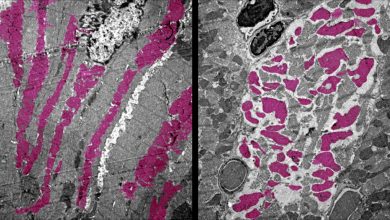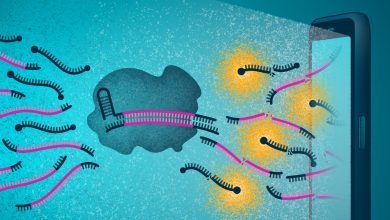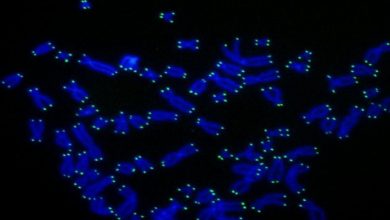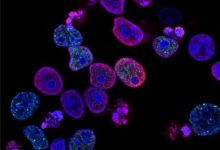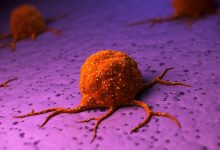Breast cancer is one of the most common cancers worldwide. It is the most widespread cancer among American women. It is studied that about 5 to 10% of these types of cancers are mostly hereditary which frequently appears in several members of a family at relatively young ages. A new research led by the Autonomous University of Barcelona discovered a new gene involved in the familial breast cancer.
An international research association headed by Dr Jordi Surrallés who is the director of the Genetics Service at the Hospital de Sant Pau and professor of Genetics at the UAB, and by Dr Miquel Àngel Pujana, director of the ProCURE Research Programme of the Catalan Institute of Oncology (ICO, IDIBELL), has identified a novel gene involved in this type of cancer, known as EDC4.
The genes involved in breast cancers are BRCA1 and BRCA2. BRCA1 is a human tumour suppressor gene producing a protein called breast cancer type 1 susceptibility protein which is responsible for repairing DNA through homologous recombination and in conserving the integrity of the genome.
The team of researchers showed that the newly identified gene EDC4 expresses a protein which interacts with BRCA1 and carries out an important function in DNA repair through the homologous recombination mechanism.
During their research, researchers used massive sequencing techniques with more than one thousand breast cancer patients and healthy controls and found that the frequency of EDC4 mutation carriers in patients with familial cancer is six times higher than in healthy individuals. Furthermore, they used the advanced engineering and genetic edition techniques to analyse the impact of these mutations and were also able to determine that the mutations are pathogenic since they damage the repairing function of the EDC4 gene.
As reported by authors, the cells with mutated EDC4 are highly sensitive to PARP inhibitors, and this presents an opportunity to explore possible therapeutic options for patients with these gene mutations. In the light of this study, the development of these tumors can be easily studied and examine more deeply into their therapeutic vulnerabilities.


